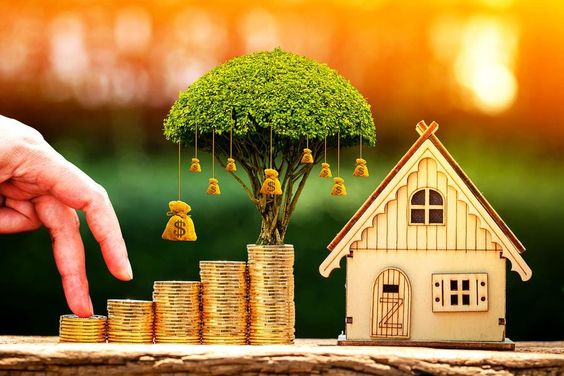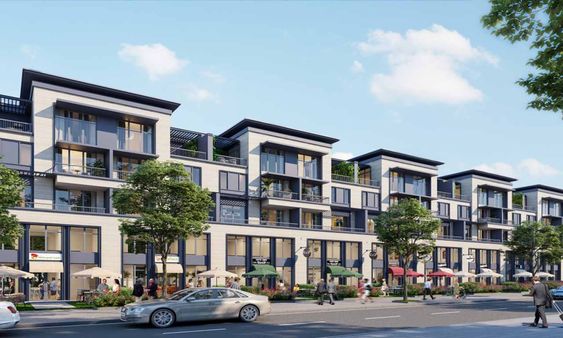
Deciding between renting vs. buying a house is one of the biggest financial choices you’ll face some time in life. This guide will help you understand the pros and cons of both options to make the best choice for your current & future needs.
1. Initial Costs of Renting vs. Buying a House

Renting: Renting a house generally has lower initial costs. All you need is a security deposit (typically 2-3 months’ rent), first month rent and potentially some utility deposits. This makes renting an affordable choice if you need accommodation without huge initial costs.
Buying: Buying requires higher upfront expenses, including a down payment (usually 10%-20% of the property price), legal fees, stamp duties, and perhaps some renovation costs. However, buying a home gives you the chance to build equity in a property over time.
2. Long-term Financial Implications of Renting or Buying

Renting: Rental commitment is predictable during the tenancy term, but rent might increase upon renewal. Unfortunately, rent payments don’t build equity, meaning whatever you paid for rent will be ‘burnt’, you won’t be able to get back anything.
Buying: Monthly mortgage payments for the property purchased may be higher, but each payment you made helps you build equity. Property ownership allows you to benefit from potential property appreciation, making it a long-term investment too.
3. Flexibility vs. Stability

Renting: Renting offers greater flexibility, which is beneficial if you’re exploring career options or might relocate in the short term. When your tenancy ends, moving is typically easier and less costly. You can choose to move to a larger apartment, a newer property or a new location, with ease.
Buying: Owning a home provides more stability, making it ideal if you’re ready to settle down. However, when you need to move, buying a new property and selling the existing one takes time. So you may need to consider this if you value flexibility.
4. Maintenance and Responsibilities

Renting: With house renting, maintenance responsibilities are generally the landlord’s duty, sparing you from unexpected repair expenses. This makes renting suitable for those do not want the hassle of maintaining the property.
Buying: Homeowners are responsible for all maintenance costs, from plumbing repairs to appliance replacements. While this adds to the long-term costs, it also gives you full control over property improvements and the enjoyment you expect.
For home services, repair and maintenance services, check out our ecosystem partners at https://rentlab.com.my/shop.
5. Long-term Value and Investment Potential

Renting: Rent is a recurring expense without financial returns. While renting gives you the easy access & flexibility to accommodation types of your choice, it doesn’t generate value over time.
Buying: Buying a property can be a long-term investment. As you pay off your mortgage monthly, you increase your ownership (equity) in the property. In a stable market, property values may appreciate, boosting your net worth and return on your money (investment).
6. Lifestyle Choices: Renting vs. Buying a House

Renting: If you’re young, exploring various career paths, or enjoy moving often, renting offers you this freedom. The flexibility of renting allows you to adapt easily to lifestyle changes.
Check out https://rentlab.com.my to find all types of properties and homes that can suite your lifestyle needs.
Buying: If you’re settled in your career or ready to start a family, buying may be the better choice. Homeownership provides a sense of stability and security, especially if you plan to stay in one location long-term.
7. Housing Market Conditions

Renting: When housing prices are high or the market is unstable, renting could be the smarter short-term option. Renting allows you to save money while observing market changes, before deciding to buy one.
Buying: In a stable market with affordable house prices, buying could be a good option for own stay as well as for investment. It provides you with the opportunity to gain from property value appreciation over time.
In conclusion, the choice between renting and buying depends on your personal goals, finances, and lifestyle. If you value flexibility, lower upfront costs, or prefer not to commit long-term, renting might suit you best. However, if you’re ready to invest in a property and want to build long-term equity, buying could be the right move.
Take time to weigh these factors and, if needed, consult a financial advisor to align your choice with your long-term goals.

